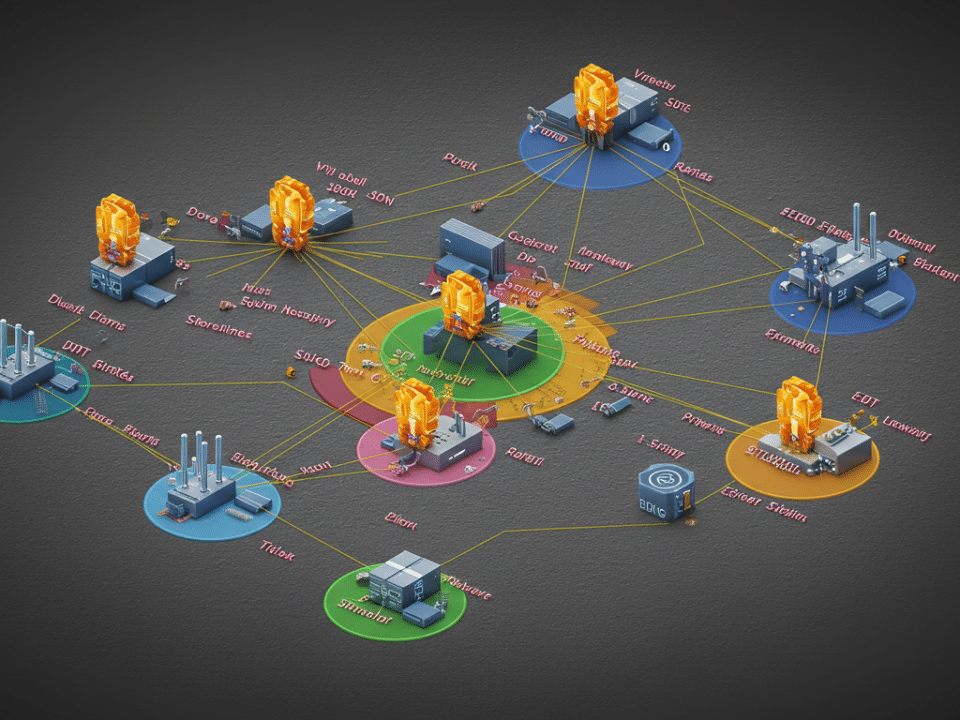
Whispers in the AI Echo Chamber: Are Your ChatGPT Secrets Safe?
January 30, 2024
Fortifying Your Fortress: Mitigating Cybersecurity Risks for SMBs
February 2, 2024Microsoft Teams, a popular collaboration platform, has become a new battleground for cybercriminals. A recent phishing campaign leverages compromised accounts to spread the DarkGate malware through group chats, posing a serious threat to organizations and their employees. This blog post dissects the attack, its potential impact, and crucial steps to stay safe.
The Hook: Phishing in Familiar Waters
The perpetrators infiltrate Microsoft Teams by compromising external Office 365 accounts. These accounts then masquerade as legitimate users and send seemingly harmless messages within group chats. The bait often takes the form of urgent-looking documents, like “Changes to the vacation schedule,” attached as ZIP files.
The Bite: Unmasking the Malicious Payload
Clicking the ZIP file triggers a multi-stage attack. The file contains a disguised LNK (shortcut) file masquerading as a PDF. When clicked, the LNK downloads the DarkGate Loader malware, a versatile tool used for various malicious purposes.
The Sting: DarkGate’s Devastating Potential
Once installed, DarkGate can wreak havoc on your system. It can:
- Steal sensitive data: login credentials, personal files, and financial information are all fair game.
- Deploy additional malware: DarkGate acts as a gateway, potentially installing other malicious programs for further damage.
- Disrupt operations: crippled systems and stolen data can grind operations to a halt, causing financial and reputational losses.
Staying Vigilant: Protecting Yourself and Your Team
The DarkGate threat emphasizes the need for vigilance in the digital workplace. Here are some key tips to stay safe:
- Never click on suspicious links or attachments, even in Teams: Be wary of urgent messages and unexpected documents. Verify their legitimacy with trusted colleagues before clicking.
- Enable multi-factor authentication (MFA): This extra layer of security makes it harder for attackers to breach your accounts.
- Report suspicious activity: Immediately inform IT or security teams if you encounter suspicious messages or experience unusual system behavior.
- Educate your team: Train your colleagues on phishing tactics and best practices for safe online interactions.
Remember, cybercriminals constantly adapt their tactics. By staying informed, practicing caution, and adopting robust security measures, you can protect yourself and your organization from the DarkGate threat and other emerging online dangers.
Additionally, consider these points:
- The article mentions VBScript being used in the attack. Encourage users to disable macros in downloaded documents to mitigate this risk.
- Organizations should implement security policies restricting file downloads from external sources in Teams and other communication platforms.
- Regularly updating software and operating systems can patch vulnerabilities exploited by malware like DarkGate.
By taking proactive steps and staying informed, we can create a safer and more secure digital environment for everyone.



